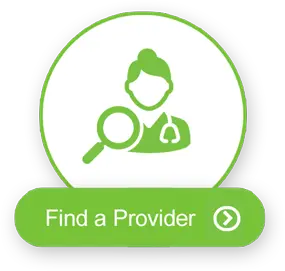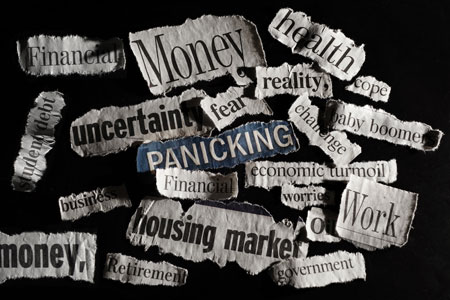
Talk to any of your friends or family and they’ll likely tell you they’re concerned about the state of the world. Between politics, random acts of violence, and natural disasters, it’s easy to see how people can become disheartened by current events.
Today’s polarizing news and opinion pieces may trigger a cluster of negative emotions. For some, the news may have a negative impact on their psyche. Others may even feel like they are plunging into a deeper depression.
In a 2017 poll, the American Psychology Association found that 57 percent of Americans say the current political climate is a very or somewhat significant source of stress.
“The stress we’re seeing around political issues is deeply concerning, because it’s hard for Americans to get away from it,” said Katherine C. Nordal, PhD, APA’s executive director for professional practice. “We’re surrounded by conversations, news and social media that constantly remind us of the issues that are stressing us the most.”
Headline Stress Disorder

“The way that news is presented and the way that we access news has changed significantly over the last 15 to 20 years,” Graham Davey, a professor emeritus of psychology at Sussex University in the UK and editor-in-chief of the Journal of Experimental Psychopathology told Time. “These changes have often been detrimental to general mental health.”
What used to be a morning paper and a 30-minute national news program in the evening, is now a 24-hour constant news cycle on TV, radio and the Internet. Even when people try to escape to social media to see pictures of their friends’ kids or connect with others, they are still likely to be bombarded with the latest headlines.
How the News Could Trigger Depression
Constant exposure to traumatic events can cause stress to our mind and psyche.
“Every time we experience or hear about a traumatic event, we go into stress mode. We might go numb or have an overactive fear response to the perceived threat. Our physiology is triggered to release stress hormones like cortisol and adrenaline,” Susanne Babbel, a psychotherapist specializing in trauma recovery, told CNN.
The ongoing stress can have a long-term impact on our health. According to an article published in the Annual Review of Clinical Psychology, “if stressors are too strong and too persistent in individuals who are biologically vulnerable because of age, genetic, or constitutional factors, stressors may lead to disease. This is particularly the case if the person has few psychosocial resources and poor coping skills.”
The Mayo Clinic indicates that ongoing stress can lead to a number of illnesses, including depression and anxiety, digestive problems, headaches, heart disease and impairments in memory and concentration.
How to Avoid Headline-Induced Stress
The first and most obvious solution: limit exposure to the news.
Turn off the news coming through your TV or radio. Walk away from social media. Put down the evening paper. Shut down your device.

Samantha Boardman, clinical instructor in psychiatry and an assistant attending psychiatrist at Weil Cornell Medical College, shared these tips in Marie Claire:
- “Turn off notifications and digital alerts from news sources on all your devices.
- Designate a time – either once or twice a day – to get your news fix from an established source, not social media.
- Read or watch stories that intelligently present digested and reliable information about what has happened.
- Skip commentary and media that predict what might happen. Listening to pundits and so-called experts weigh in on the future is basically glorified gossip. Learn the facts; don’t follow opinions.
- Avoid checking the news first thing in the morning and before bed, which might hijack your day or interfere with sleep.”
Stress management techniques can help mitigate the stress caused by the constant news cycle. To understand how trauma can lead to depression, please read: https://genesight.com/blog/patient/trauma-induced-depression-3-ways-to-cope/. For more information about how to keep your depression symptoms in check, read our blog post: https://genesight.com/blog/patient/4-ways-to-keep-your-depression-symptoms-in-check/.






